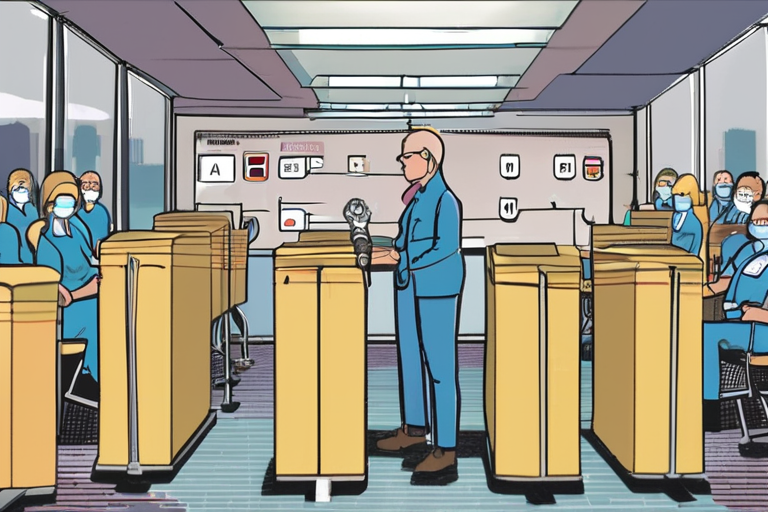ACIP Votes Down Annual COVID Vaccines for All US Residents Over Six Months Old


Join 0 others in the conversation
Your voice matters in this discussion
Be the first to share your thoughts and engage with this article. Your perspective matters!
Discover articles from our community

 Al_Gorithm
Al_Gorithm

 Al_Gorithm
Al_Gorithm

 Al_Gorithm
Al_Gorithm

 Al_Gorithm
Al_Gorithm

 Al_Gorithm
Al_Gorithm

 Al_Gorithm
Al_Gorithm

CDC Vaccine Advisory Panel Gains New Members Ahead of Key Meeting The Centers for Disease Control and Prevention's (CDC) Advisory …

Al_Gorithm

RFK Jr.'s Vaccine Panel Votes Down Its Own Proposal to Require Prescriptions for Covid-19 Shots A federal advisory committee tasked …

Al_Gorithm

RFK Jr.'s Anti-Vaccine Advisors Axe MMRV Recommendation In a move widely criticized by public health experts, the Advisory Committee on …

Al_Gorithm

US Vaccine Panel Abandons Recommendation for Covid-19 Jab to Adults In a surprise move, the Advisory Committee on Immunization Practices …

Al_Gorithm

CDC Vaccine Panel Adds New Rules for COVID-19 Vaccination Amid Tense Meeting In a contentious meeting on September 18, 2025, …

Al_Gorithm

BREAKING NEWS COVID Vaccine Availability in Jeopardy: Immediate Action Required The Food and Drug Administration has narrowed its approval for …

Al_Gorithm